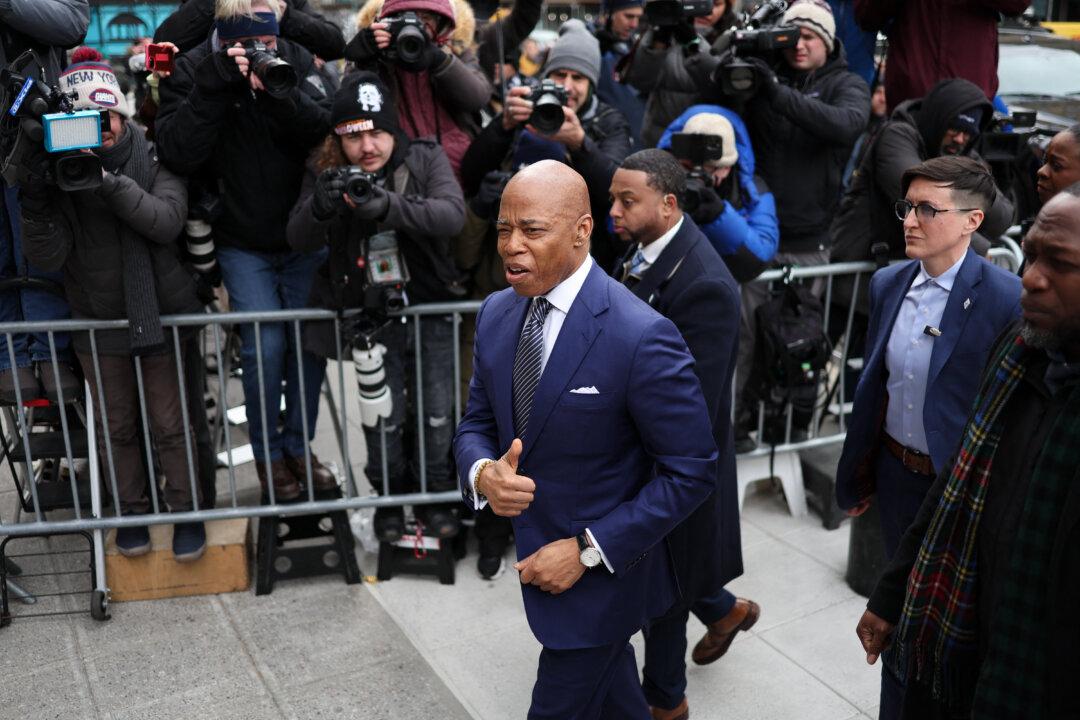The document that convinced a judge to approve a search warrant for former President Donald Trump’s home in Florida was made public on Aug. 26 in a heavily redacted form.
The judge approved the warrant application on Aug. 5. FBI agents executed the warrant three days later at Mar-a-Lago in Palm Beach.
Though Reinhart ordered the U.S. Department of Justice (DOJ) to release a copy of the affidavit, he agreed with every single redaction proposed by the government.
Some of the documents “appear to contain National Defense Information,” the agent said.
Authorities sought the warrant because they believe Trump violated several laws, including one governing the possession and transmittal of national defense information.
Trump has said he declassified many materials, including those at Mar-a-Lago. Portions of the affidavit addressed that matter, but they were redacted.
Officials Tried to Keep Document Sealed
DOJ officials had tried keeping the entire affidavit under seal, claiming the redactions that were needed would leave a product that would not give the public any fresh insight into the case. Media companies and nonprofits, including Judicial Watch, challenged the rationale. They said the presumptive right of access meant the affidavit should be released, even if some portions were redacted, and noted that many supposed details from the document were put forth in news stories that cited anonymous sources.DOJ officials then claimed that it needed to impose a number of redactions to protect the identities of law enforcement agents and witnesses, details about its ongoing investigation of Trump, and grand jury information.
Reinhart said in his Aug. 25 order that the DOJ “has met its burden of showing a compelling reason/good cause to seal portions of the Affidavit,” and that the redactions were “narrowly tailored to serve the Government’s legitimate interest in the integrity of the ongoing investigation and are the least onerous alternative to sealing the entire Affidavit.”
Reinhart has said that the information in the affidavit is the only information he relied upon when he approved the warrant.
Tom Fitton, president of Judicial Watch, said the affidavit “exposes how there was significant evidence of President Trump’s cooperation, a major legal dispute about the legal status of the records believed to be in Trump’s possession, and that the FBI abusively raided his home anyway.”





